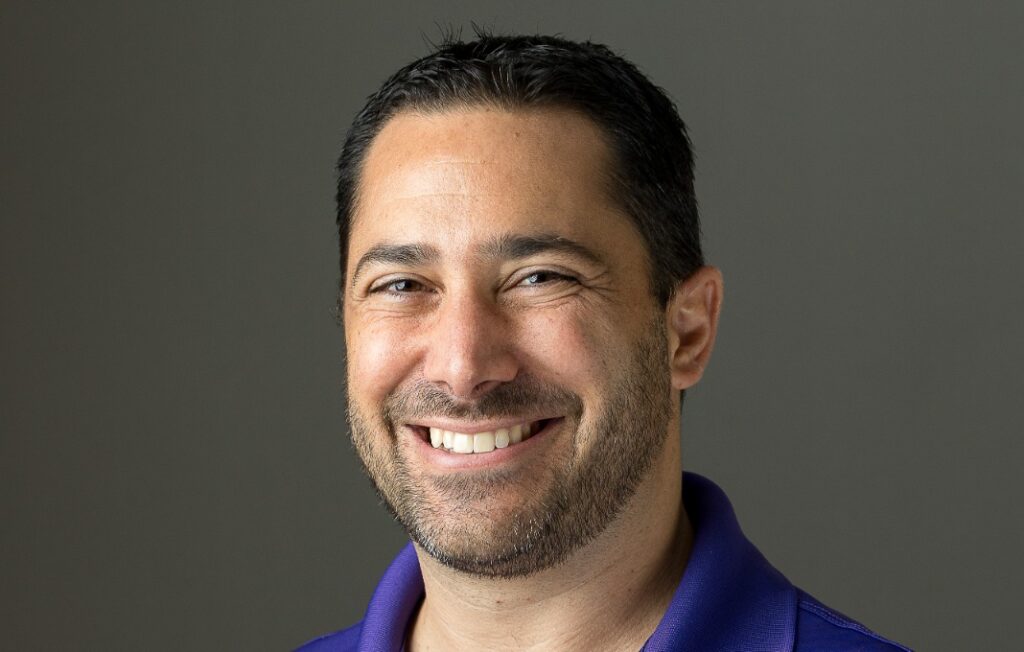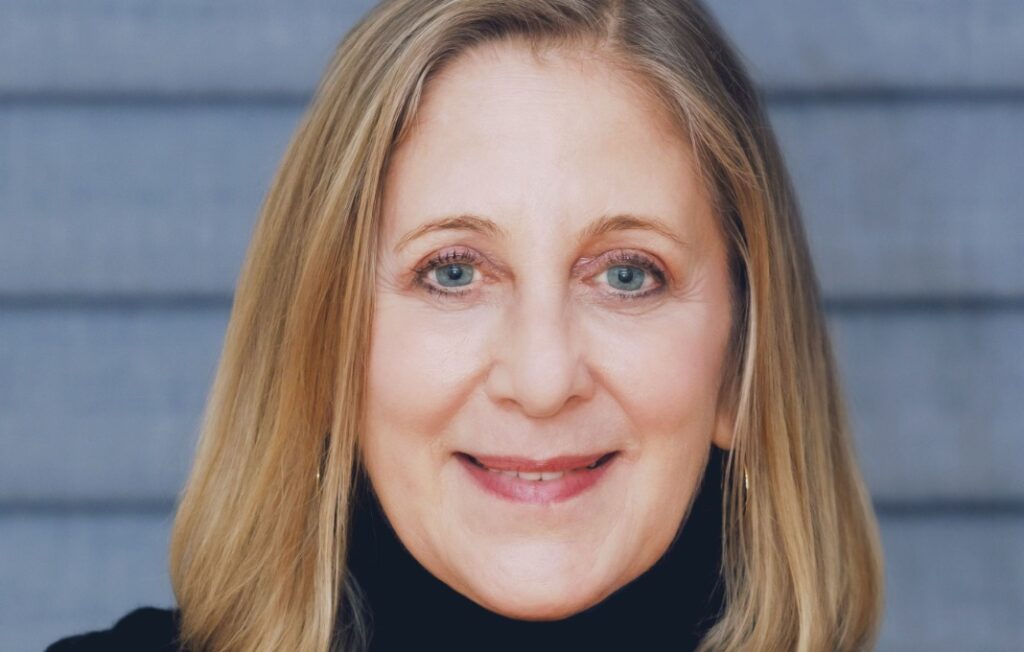When it comes to retention, you can’t overlook the importance of employees liking the place they work, argue Charlene Naumann (pictured on right) and Chrissy Kendrick, HR leaders at Shields Health Solutions. They attribute the company’s “culture of kindness” to their workforce’s tendency to stick around and grow in their careers.
Naumann is vice president, talent, at Shields Health Solutions, responsible for all facets of talent management, including talent acquisition, DE&I, talent development, performance management, employee engagement and workforce planning.
Kendrick, SPHR, is vice president, human resources, overseeing the development and implementation of human resources policies, programs and services within employee retention, employee onboarding, benefits, HRIS, compensation, compliance and performance management.
The two share their best practices in attracting and retaining key talent.
What are the most pressing issues you are facing from a hiring and retention standpoint?
For Shields Health Solutions, the biggest challenge is finding team members who align with our values, culture of kindness and strive to make a difference every day. Because this mission-driven organization, we’ve had many team members refer family and friends—in fact, about 40 percent of all external hires annually are referrals, which is well above the industry average.
We also recognize the importance of growth and development opportunities for our team members. Currently, over 30 percent of hires every year are internal promotions.
According to our 2023 “Great Place to Work” survey results, 96 percent of team members feel the work they do at Shields Health Solutions “positively impacts our patients lives” and 91 percent of team members feel their work has special meaning—that this is not “just a job.”
We pride ourselves on our high level of retention and employee engagement and when the team is doing meaningful work, they are much more likely to stay with the company long term.
What is your view of the flexible workplace?
When business needs allow, providing employees flexibility can produce better work and a happier, more engaged workforce. Research has proven that supporting work-life balance can make employees more productive overall.
By measuring outcomes, we can continue to drive the business forward, focusing on results—not the time spent to get there.
Which strategies have been successful in preventing burnout for your employees?
At Shields Health Solutions, we know prioritizing mental health is key to employee’s productivity and happiness. Recognizing individuals’ specific needs has allowed our teams to succeed in preventing burnout, while maintaining a high quality of care for our patients and partners.
As a company, we offer a mental health platform, available 24/7 and at no cost to the employee, that is equipped with real-time, easily accessible benefits, ensuring our employees get the help they’re looking for, when they need it.
In addition, our seven employee resource groups continue to be an incredible vehicle for support and connectivity. In fact, 25 percent of our team members are part of our mental health and wellness employee resource group, EMPOWER, which has been instrumental in creating a supportive, inclusive and safe environment for everyone.
What has been the biggest lesson you have learned about mental health in the post-pandemic era?
The pandemic shifted many aspects of our lives and many of us began prioritizing our mental health. At Shields Health Solutions, we have a “culture of kindness” and leading with empathy and understanding is paramount to our success as a team.
As leaders, we’ve made it a priority to bring our teams together for increased interpersonal connectivity, understanding that by spending time together and building relationships, it will help teams be more productive long-term. By listening to each person individually, we’re able to address their mental health more effectively by understanding what’s important to them at work.








